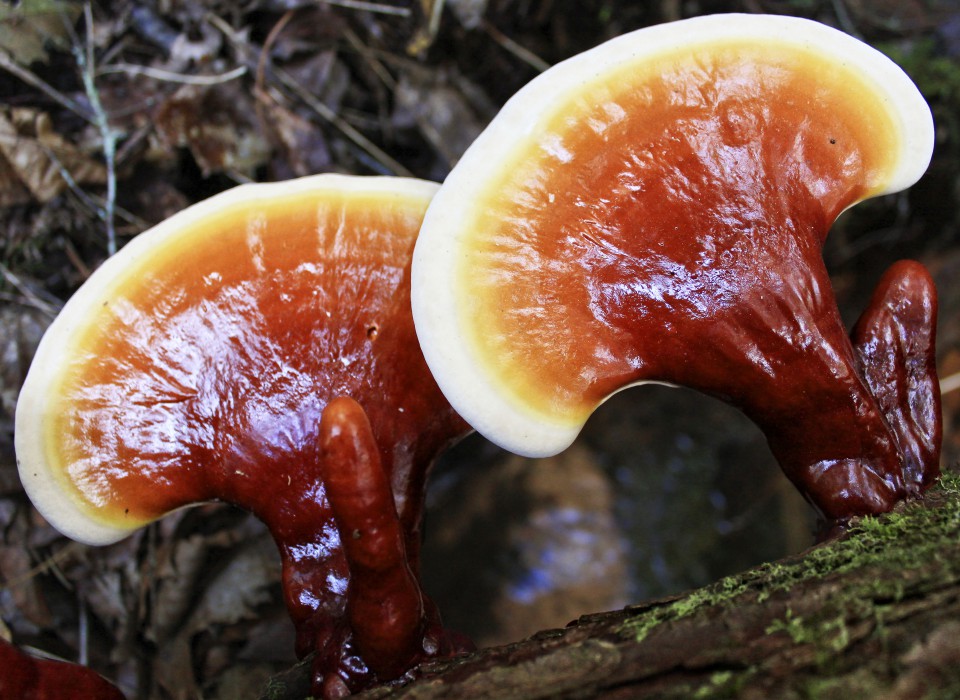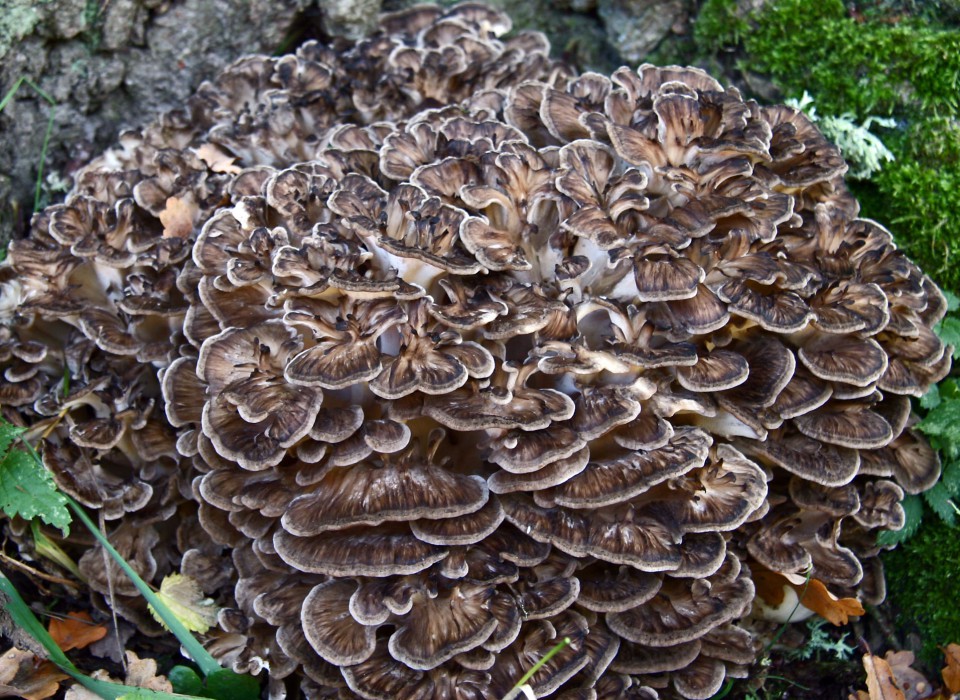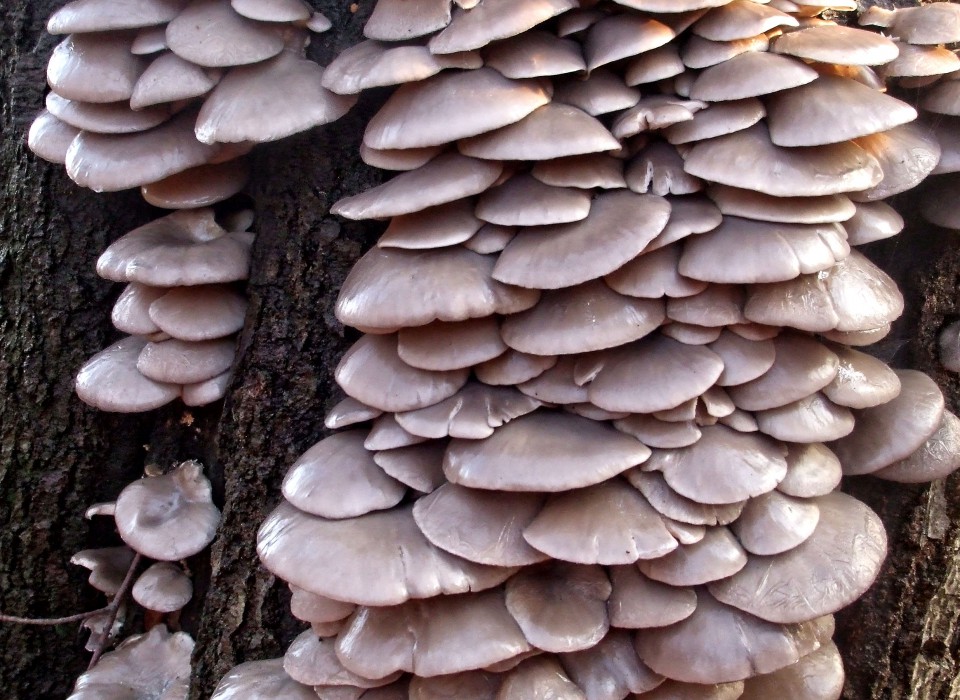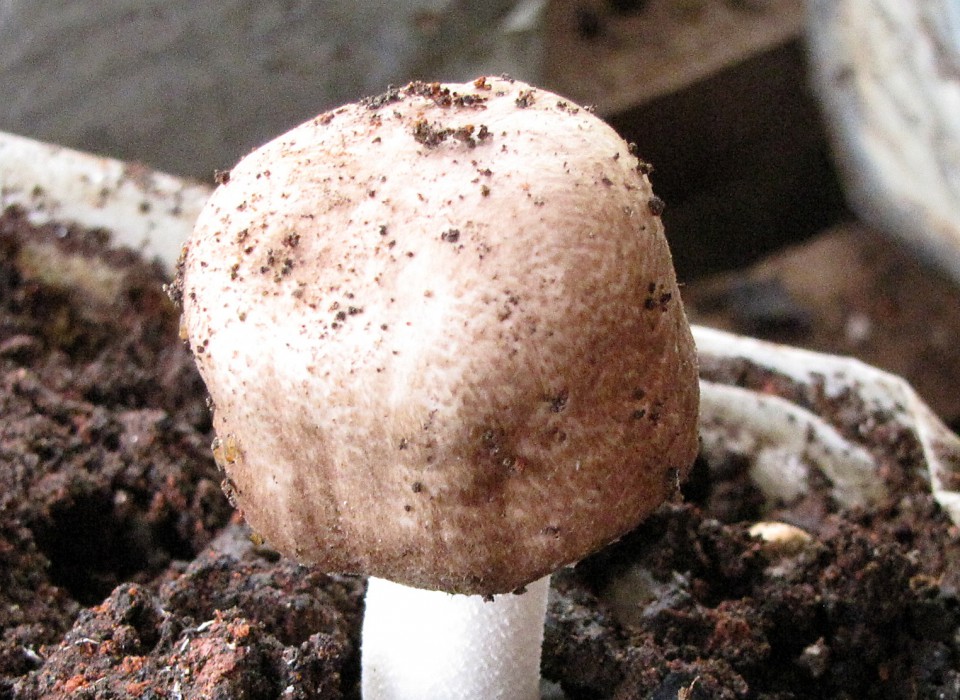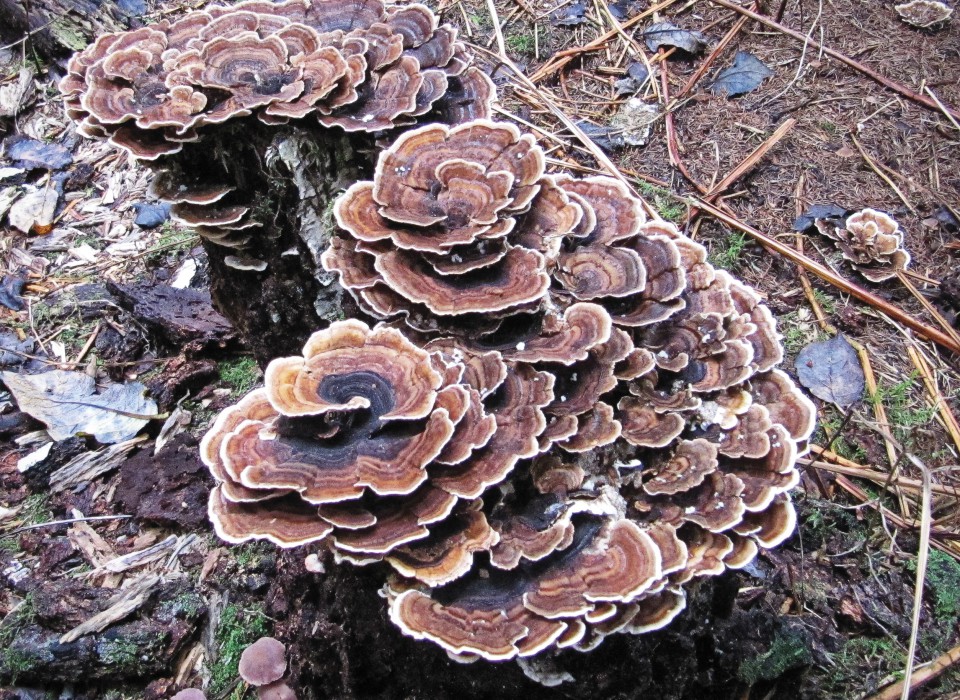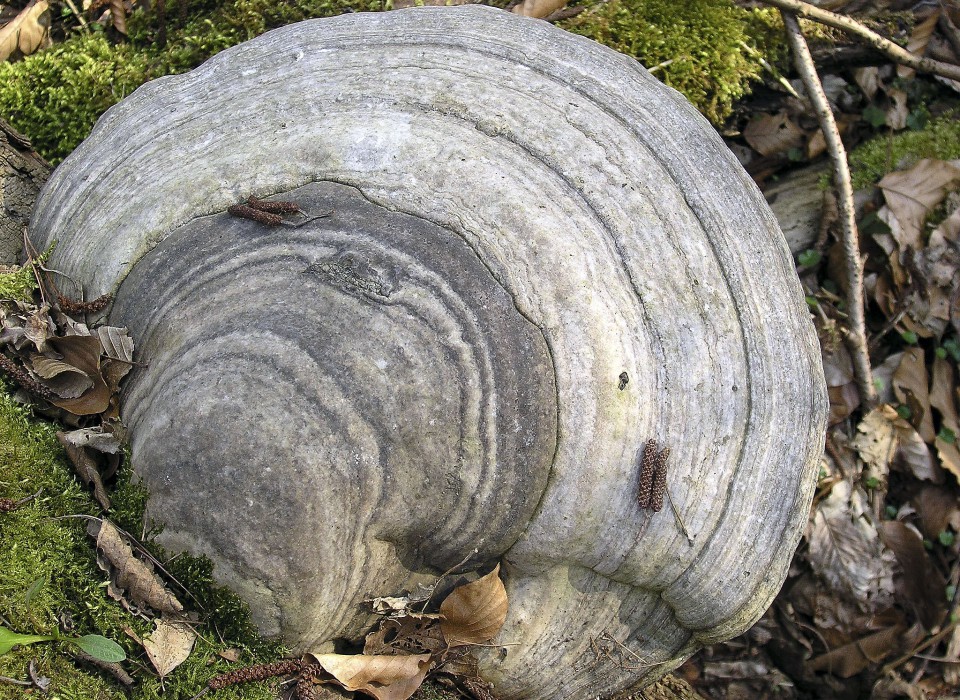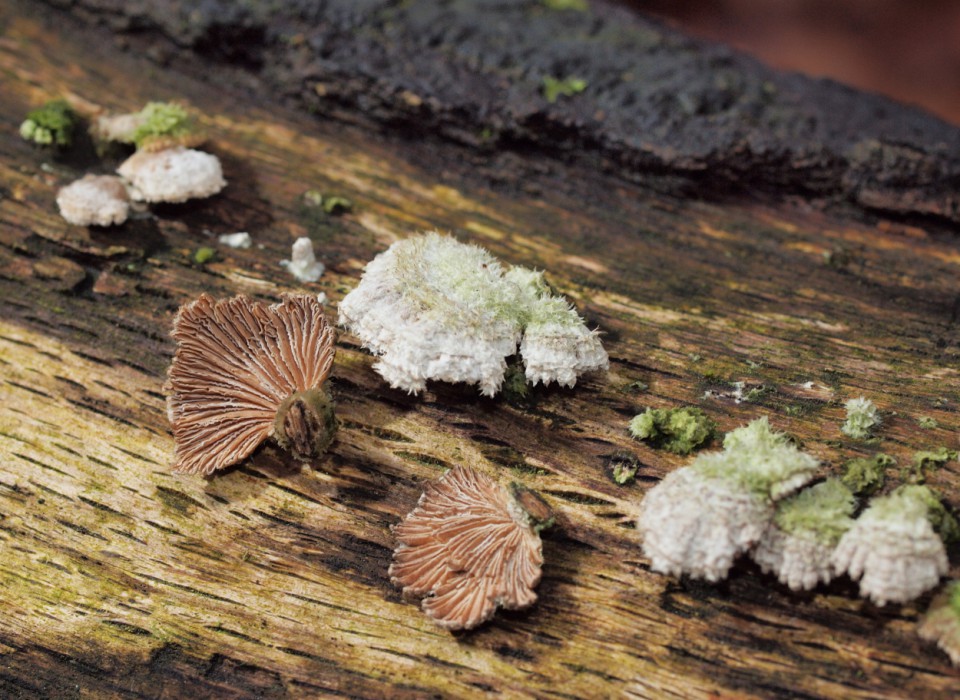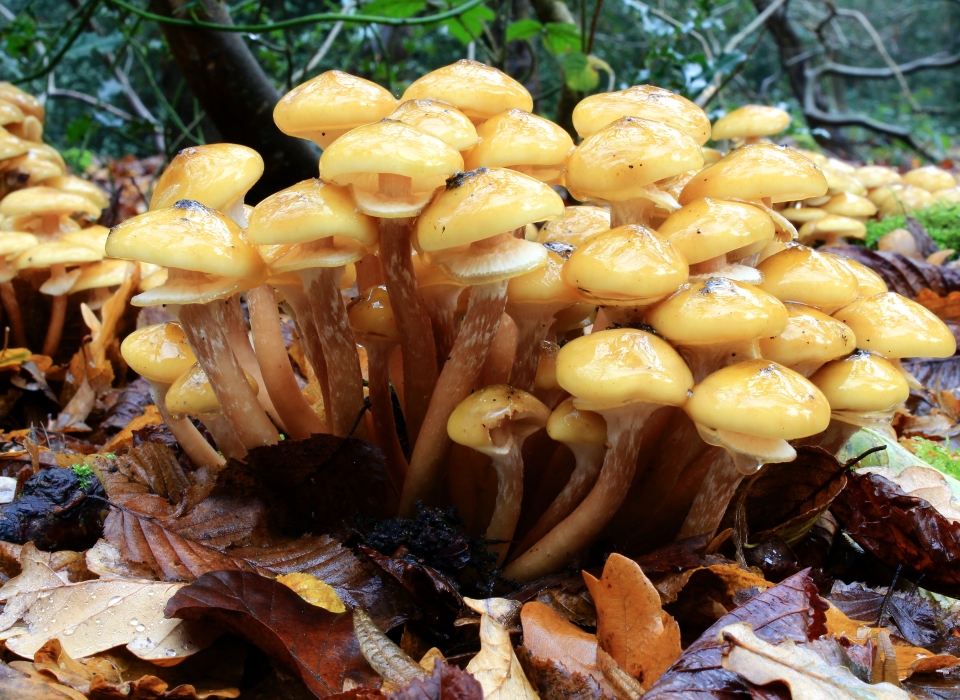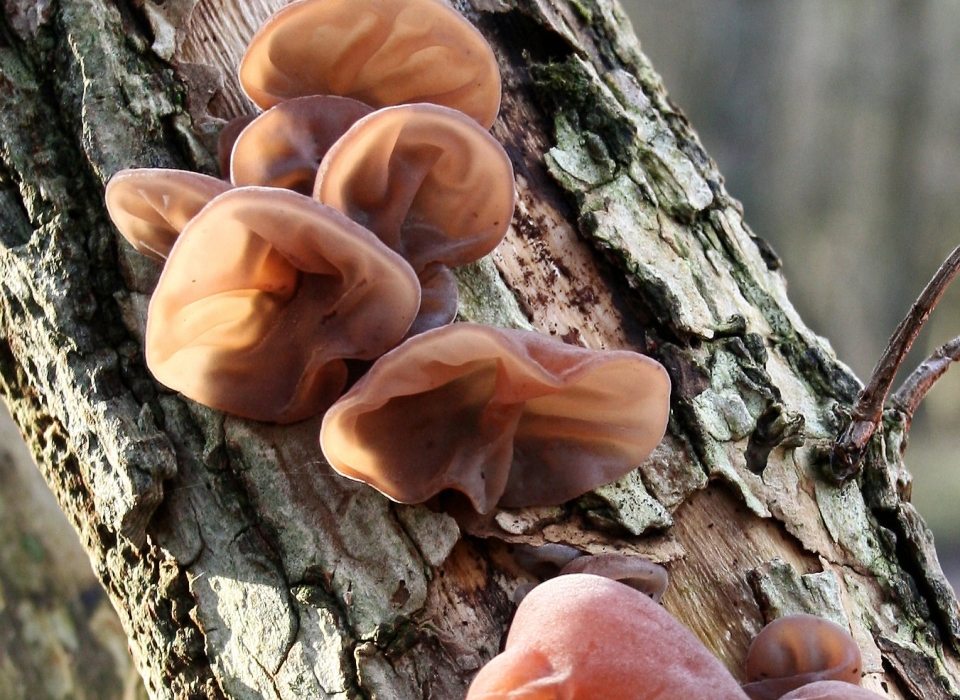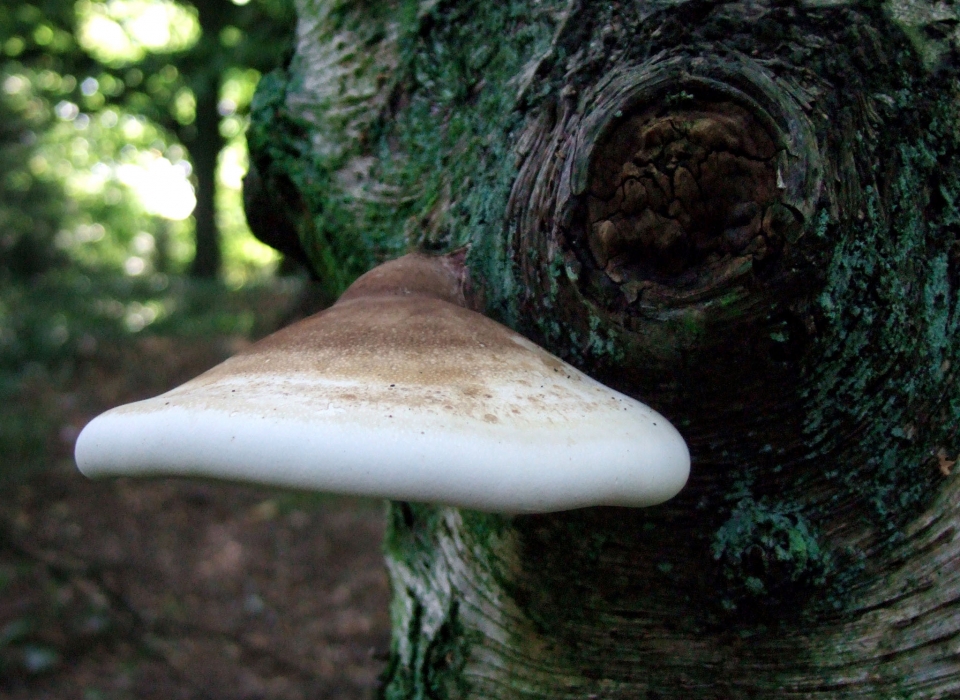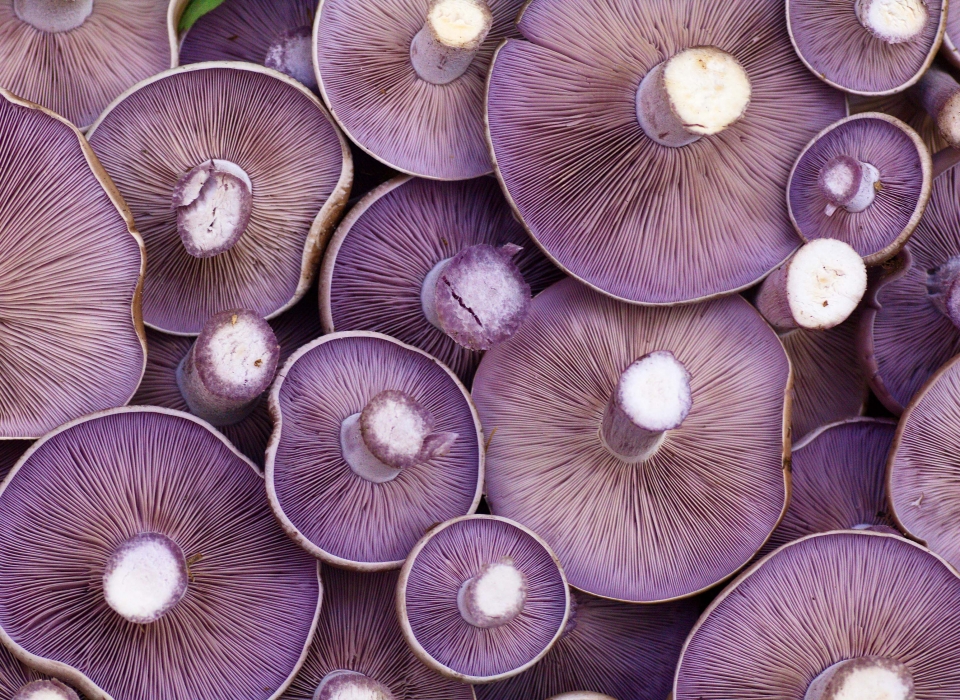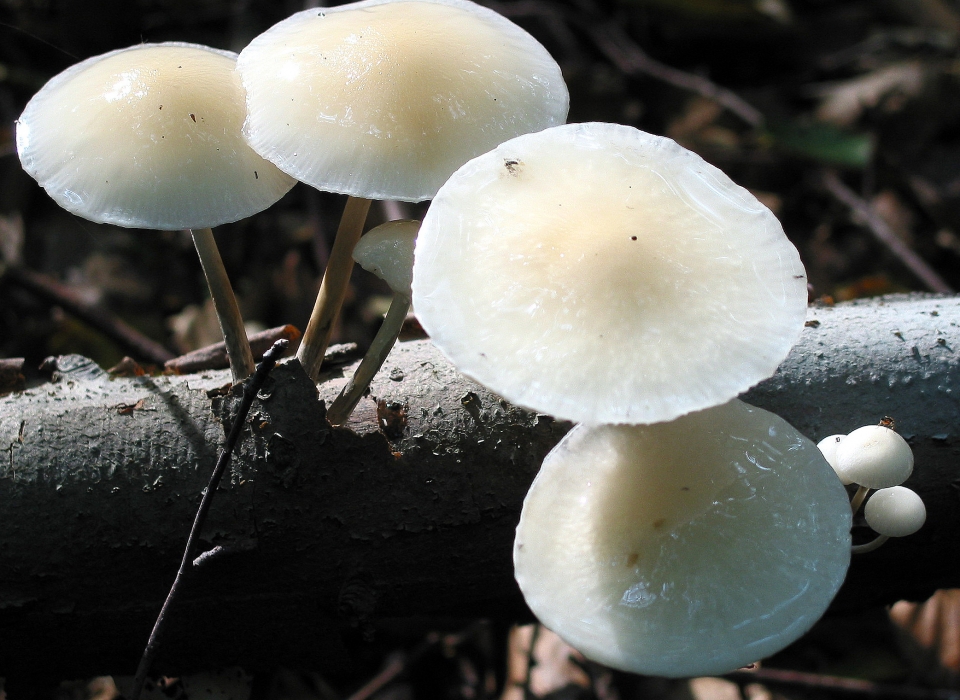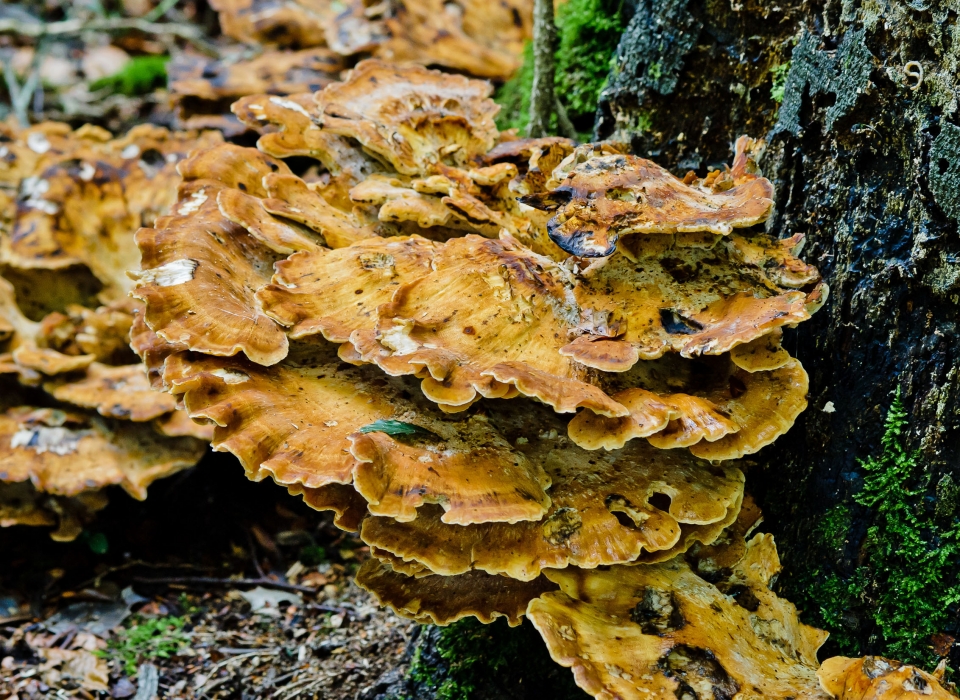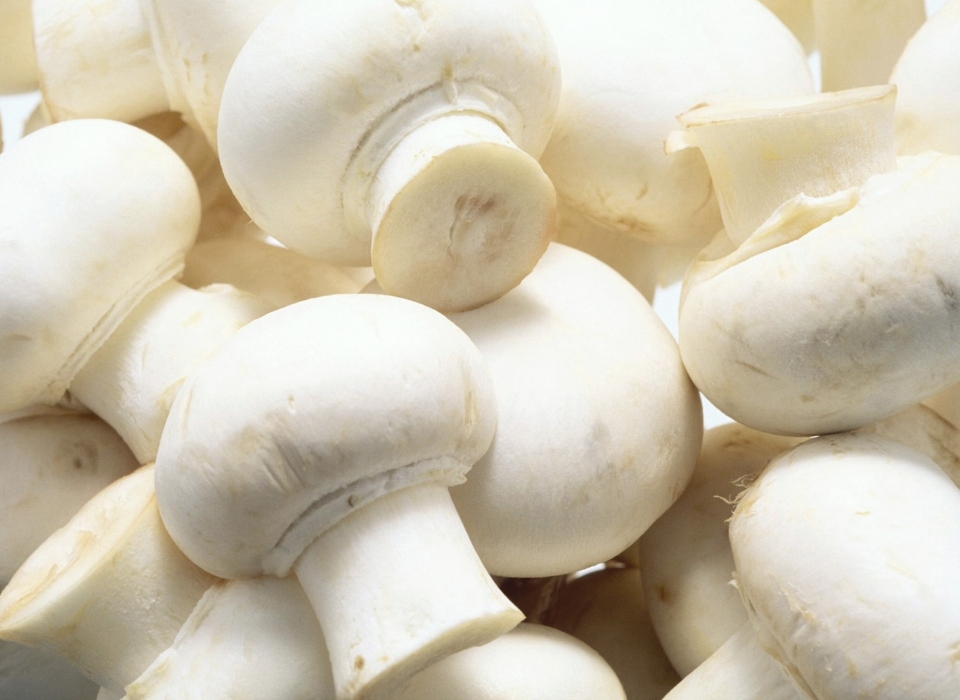Health Benefits of Medicinal Mushrooms
Overview
Scientific research has proven many health benefits of mushrooms. More than 50,000 scientific studies have verified the millennial experiences of traditional medicine and found that medicinal mushrooms:
- boost the immune system,
- prevent and fight cancer,
- prevent and fight viral infections,
- regulate blood sugar and fat (cholesterol and triglycerides),
- normalize blood pressure,
- reduce atherosclerotic plaques and ischemia thus improving heart and brain health,
- slow the development of neurodegenerative diseases
- protect bone from degradation and osteoporosis
- help manage healthy weight
- improve strength and endurance
- slow ageing
- and many more.
Medicinal mushrooms are extremely safe to use; they cause no interactions, major side effects, tolerance or withdrawal.
Medicinal Value of Mushrooms
Eating mushrooms is not enough to get their full medicinal value. In serious cases, we must reach for high-quality extracts, which contain concentrated active ingredients. Some medicinal mushrooms affect multiple systems at once, helping with various health issues.

Cancer
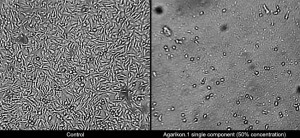
The tradition of using medicinal mushrooms against malignant disease is thousands of years old. About 50,000 research papers and more than 400 clinical trials have proven that medicinal mushrooms can help patients with various types of cancer to:
- fight cancer more effectively,
- improve outcome and survival,
- reduce the side effects of standard tumor therapy, especially chemotherapy and radiation,
- help prevent recurrence,
- and greatly increase quality of life.
High-quality mushroom extracts should be used alongside standard therapy.
Mushrooms boost the immune system. This is the main mechanism of anticancer activity of medicinal mushrooms. Mushroom beta glucans inhibit the proliferation of tumor cells, cause cancer regression in lab animals and humans. Japanese and Chinese scientists have developed official anti-tumor mushroom drugs.
Learn more: Traditional Use | Scientific Research | Active Compounds | Recommended product
Medicinal Mushrooms for Cancer (gallery)
Viral Infections
Since medicinal mushrooms effectively boost the immune system, they can help in various viral infections. Research has shown they help against:
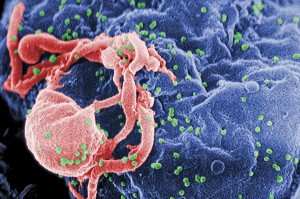
- various flu strains,
- HIV and AIDS,
- viral hepatitis,
- herpes (including genital herpes),
- HPV,
- Epstein-Barr virus (mononucleosis),
- the common cold,
- and other infections.
Taken early, they act as a strong prevention. This is especially useful in winter or during viral outbreaks.
Myko San company offers high-quality mushroom extract Mykoprotect.1, which is suited for many viral infections, as well as for a general improvement of the immune system.
Most Important Antiviral Medicinal Mushrooms (gallery)
High Cholesterol, Triglycerides, Blood Pressure and Sugar
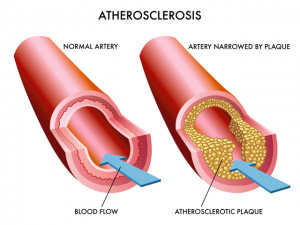
Medicinal mushrooms help in many cardiovascular disorders, the leading causes of death in the developed world.
Research has conclusively proven that medicinal mushrooms (like reishi and shiitake):
- lower elevated cholesterol and triglycerides levels,
- normalize blood pressure,
- make blood vessels more flexible
- remove atherosclerotic plaque
- normalize blood sugar levels
- help in cases of diabetes and borderline diabetes.
Mushrooms cannot treat acute cardiovascular conditions. However, in chronic cases, mushrooms can help in prevention, treatment and recovery.
Their influence is considerable and often lasts for 6-12 months after stopping their use.
Most Important Mushrooms for Cardiovascular Health (gallery)
Nervous system and Neurodegenerative Diseases
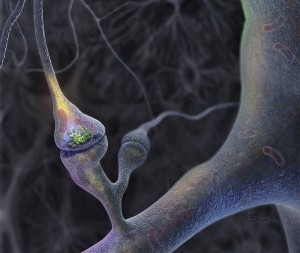
Image Credit: Graham Johnson, a winner for the best scientific illustration in 2005.
Kawagishi made a fascinating discovery in 1990 when he found very strong stimulators of nerve growth factors in Hericium erinaceus (Lion’s mane mushroom). Traditional medicine used mushrooms for depression, anxiety, schizophrenia, epilepsy, “nervousness and brain disorders that accompany old age”.
Neurodegenerative diseases are common. Various dementias (Alzheimer’s, etc.), Parkinson’s, multiple sclerosis, etc. disturb the functioning of the brain and radically reduce the patients’ quality of life. For many of these diseases, the diagnosis is still neither reliable nor timely, and the existing treatments only aim to slow the damage and ease symptoms, often causing side effects in the process.
Clinical research in Japan has shown that using Hericium erinaceus extracts containing active ingredients (erinacines and hericenones) helps patients improve their functional status.
Microbes (Bacteria and Pathological Fungi)
Many valuable antibiotics (like penicillin and cephalosporin) come from molds, which are fungi (mostly Ascomycota phylum). Overuse of antibiotics has led to antibiotic resistant microbes. Researchers are looking for new ways of fighting bacterial and fungal infections. More than 100 species of higher mushrooms (especially Basidiomycota) contain strong antibacterial and antifungal compounds.
Important Antibacterial and Antifungal Mushrooms (gallery)
Bone Protection and Osteoporosis
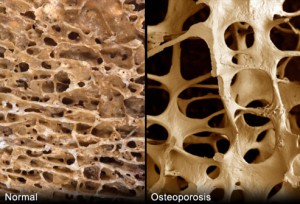
The researchers from Dr Myko San company followed the pioneering research of Saif, Wende and Lindequist in 2008, who have shown that several mushrooms species have bone-maintaining properties.
Our test extracts positively influence bone remodeling: they increase the activity of osteoblasts (bone synthesizing cells) and simultaneously reduce osteoclasts (bone resorbing cells). As a result, the bone density increases and the bones become stronger, less prone to fractures.
This is especially important for older people, especially postmenopausal women. With age, the bone remodeling balance naturally becomes more negative. This imbalance results in osteoporosis, loss of bone mass and density. Osteoporosis increases bone fragility, often leading to fractures and deformations.
Mushrooms for Bone Health (gallery)
Tonic, Adaptogen and Immune Boosting Effects
Using medicinal mushrooms as tonics and adaptogens is a tradition spanning thousands of years. Some mushrooms can boost energy levels, strength and endurance, reduce fatigue, alleviate pain, improve stress resistance and sleep, and improve immunity.
Tonic and Adaptogenic Medicinal Mushrooms (gallery)
Weight Management and Obesity
Obesity is reaching epidemic proportions in many parts of the world, with serious consequences. Substituting calorie-rich foods with edible mushrooms makes perfect sense.
Edible mushrooms are an excellent food for weight loss. They are a very healthy, nutritious and balanced food low in calories. Good mushroom dishes are often hearty, full of flavor and filling, reducing the craving for more caloric foods.
Eating mushrooms releases energy slowly and keeps you full longer, which helps you lose weight and exercise longer. Research has found that they stabilize blood glucose levels and influence the hormones that regulate appetite.
The best edible mushrooms are also medicinal: shiitake, maitake (hen of the woods), oyster mushrooms and enoki.
Mushrooms are not just another “magic” fad diet – they are a healthier substitute for foods we often eat too much.
Mushrooms Are Superfoods
While”superfood” is purely a marketing term, the name fits mushrooms quite well. French physician Bruno Donatini claims that the average human lifespan can be extended by about 10 years, if we consume mushrooms several times a week. Mushrooms are a very healthy and nutritious food indeed.
Mushrooms belong to the kingdom of Fungi; they are neither plants nor animals. As such, they have unique nutritional characteristics.
Mushrooms are low in calories and fat, and very low in sodium (Na). They are a good source of healthy complex carbohydrates (including beta glucans and dietary fiber), protein, and many nutrients:
- antioxidants:
- polyphenols (especially flavonoids),
- ergothioneine (“the master antioxidant”),
- selenium,
- and vitamin E
- vitamins, especially:
- vitamins B
- vitamin D (the only non-animal dietary source),
- vitamin E
- minerals, especially:
- potassium (K),
- selenium (Se),
- copper (Cu),
- phosphorus (P),
- iron (Fe), and
- chromium (Cr).
We should eat mushrooms more often. Many Far Eastern people eat them daily. In some regions in China and Japan people consume more than 15 kilograms of mushrooms a year, compared to just 2 kg in the USA. The variety is also much larger; the Chinese commonly eat more than 25 mushroom species, compared to just 3-4 in the West. Unfortunate and completely irrational aversion and fear of mushrooms is a major cause.
As one mycologist, David Arora, notes in his book Mushrooms Demystified: “Bring home what looks like a wild onion for dinner, and no one gives it a second thought – despite the fact it might be death camas you have, especially if you didn’t bother to smell it. But bring home a wild mushroom for dinner, and watch the faces of your friends crawl with various combinations of fear, anxiety, loathing, and distrust!
… Like snakes, slugs, worms, and spiders, they’re regarded as unearthly and unworthy, despicable and inexplicable–the vermin of the vegetable world. And yet, consider this: out of several thousand different kinds of wild mushrooms in North America, only five or six are deadly poisonous! And once you know what to look for, it’s about as difficult to tell a deadly Amanita from a savory chanterelle as it is a lima bean from an artichoke.”
Since mushrooms easily accumulate heavy metals and pesticides, organically grown are the best choice. Mushroom hunters must correctly identify the species, since there are no universal rules. A few mushroom species are deadly, but many are mildly poisonous or inedible. Others may simply spoil the taste of the dish.

Prepared correctly, some mushroom species make fabulous dishes, rich in umami (pleasant savory taste). Umami is a basic taste, distinct from sweet, sour, bitter and salty.

